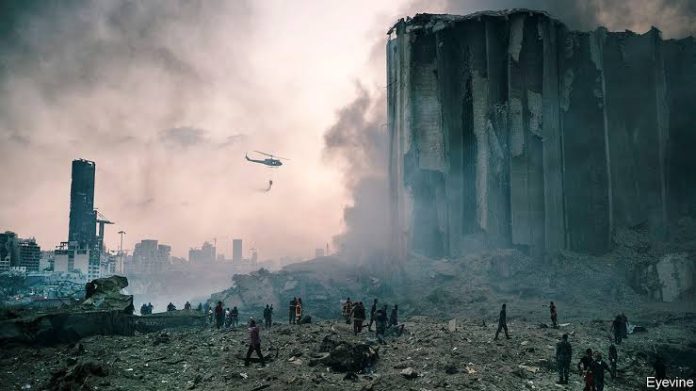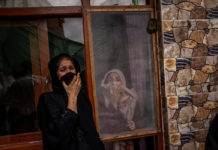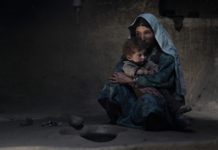In the wake of Tuesday’s bombing in the Lebanese capital, Beirut, citizens have expressed outrage at the government and blamed the authorities for the irresponsible behavior.
President Michel Aoun said the blast was caused by 2,700 tons of ammonium nitrate stored in a warehouse near the port. The blast has so far killed 135 people and injured more than 4,000. A state of emergency has been declared in the country for two weeks after the blast and three days of mourning have been observed.
Lebanese filmmaker Jude Shehab demanded that those responsible be severely punished and said: “Beirut is crying. Beirut is screaming. “People are angry and now they are tired.” Shadia al-Mayuchi is a Beirut citizen and is being treated in hospital after the blast. “I know our rulers are incompetent, our government is incompetent, but let me tell you, what they have done now is a serious crime,” he said.
On Wednesday, the government placed port officials under house arrest until the investigation was completed. The country’s security officials have sealed off a large area near the blast site and are searching for people trapped in the rubble.
Public Health Minister Hamad Hassan has said that the number of beds in Lebanese hospitals has dwindled and there is a shortage of emergency equipment needed for intensive care patients. Beirut needs food. Beirut needs clothes to wear. Beirut needs houses and building materials. Beirut needs a place to help the refugees in the city.
Many countries have offered assistance to Lebanon. Three French planes are carrying 55 rescue workers with medical supplies. On Thursday, French President Emmanuel McChrystal will be the first world leader to visit Lebanon since the bombing. Various European countries, Turkey, Iran, Qatar, Tunisia and Russia are sending relief supplies.
The bomb struck shortly after 6pm local time on Tuesday (August 4th) at a warehouse in the Beirut port area, shaking the entire city. Its magnitude was so strong that its effects were felt 240 km away in the eastern Mediterranean country of Cyprus, where people considered it an earthquake.
Experts at the British University of Sheffield estimate that the Beirut bombing was one-tenth the size of the atomic bomb dropped on Hiroshima, Japan, during World War II. And it was arguably the deadliest non-nuclear explosion in history.
Prior to the blast, a fire was seen at the affected area in the port, after which a large explosion took place and orange clouds covered the crash site. The blast caused extensive damage to the port and its environs, as well as business and residential buildings and vehicles.
Lebanon is currently experiencing political tensions. There are huge public demonstrations against the government. People are protesting against the government’s decision to deal with the current economic crisis.
This is the worst economic crisis in Lebanon since the 1975-1990 civil war. At the same time, the government is dealing with ongoing tensions with Israel on the border. Israel said in a statement last week that it had thwarted an attempt by Hezbollah to infiltrate the Israeli border from Lebanon.








